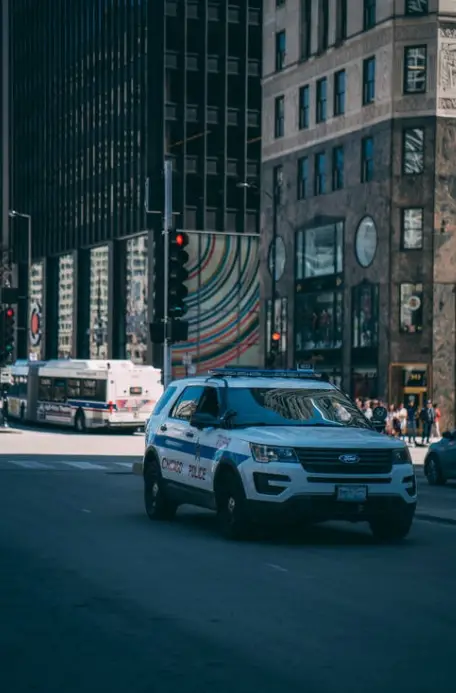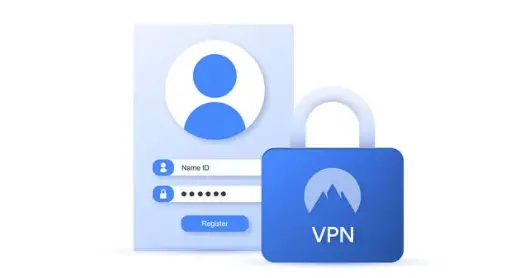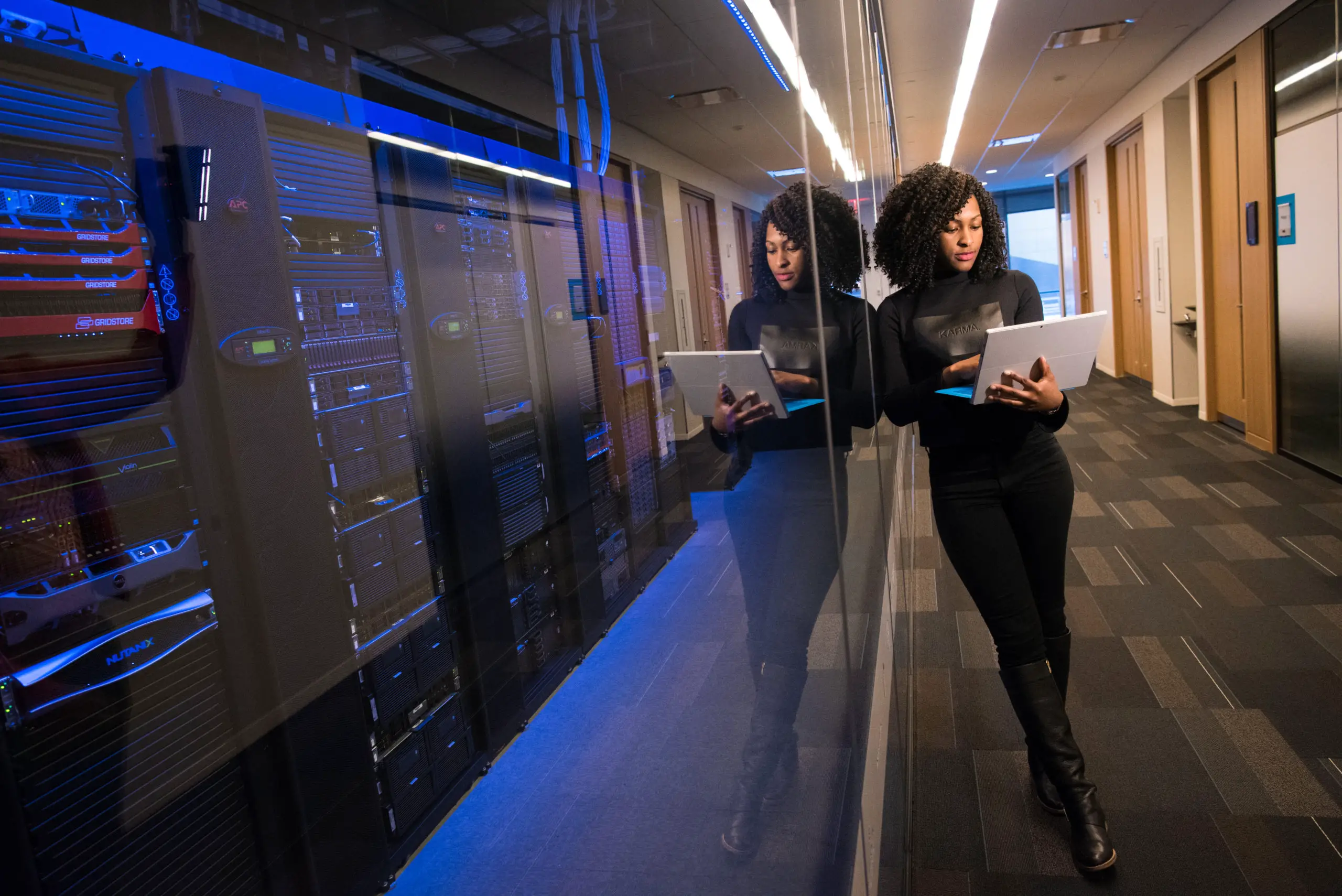Can Police Track NordVPN?
VPNs provide safe and secure tunnels for users to browse the internet without any of their data or information being accessed by third parties.
The truth of the matter however is that not all VPNs are safe, private, and secure. This means that you are open to surveillance by third parties like the government and hackers.
Police cannot track NordVPN. This is because NordVPN has a proven no-logs policy and they, therefore, do not keep any data from their users. NordVPN is outside the jurisdiction of the US and the EU and it’s therefore not legally required to log subscribers’ data.
In this article, we’ll discuss whether government entities like the police can track you among other things. So read on to find out more!
Can Police Track NordVPN?
One of the major things that most VPN providers promise is the online privacy and security of their users. So it’s natural to wonder how far this promise goes.
Is it applicable in all cases, even when criminal activities are committed? Does the police have the legal backing to track VPN activity in any instance?
To put things plainly, the police cannot track live and encrypted VPN traffic, no one can. If however, you think criminal activity cannot be tracked, think again.
The police have the legal capability of obtaining a court order to go to your Internet Service Provider (ISP) and request for connection and usage logs.
Your ISP is one of the few entities that have the knowledge that you use a VPN.

Your ISP can then point the police in the direction of your VPN provider.
Whether your VPN service provider gives up this information is entirely dependent on things such as your VPN’s privacy policies, the data collected by your VPN, and the jurisdiction.
So it’s safe to say that in some cases, the police can track your VPN activity, especially in cases where acts of crime have been committed.
When handing over users’ data and information to the police, it all hinges on the type of data the VPN provider collects. It’s worth noting that there are 3 major categories of data collection:
- Connection logs – These include records on connection times, data usage, subscribers’ real IP addresses, and the IP addresses assigned by the VPN service provider.
- Usage logs – These show the websites you visited and what you were doing on them.
- No logs – Some VPN providers don’t keep any logs of your VPN activity. The logs they do collect, however, is the information required for billing and troubleshooting. A good example of such a service is NordVPN.
One other thing that’s important to understand in this case is the data retention laws in a given area.
Some countries have strict data retention laws that legally require VPNs registered in that country to keep and store logs regardless of their no-logs claims.
VPN providers under the EU or US jurisdictions are required to keep logs. They therefore cannot claim to be no-logs.
They keep information such as browsing activity, connection logs, IP addresses, timestamps, and bandwidth information.
NordVPN cannot be tracked by police. This is because it has a proven no-logs policy. They have private auditors who carry out regular audits to verify whether this claim of theirs is true.
PricewaterhouseCoopers is one of these auditing firms and it verified NordVPN’s claims after going through servers and databases, interviewing employees, and examining other relevant company data.
So we can definitively say that even if the police obtain a court order to examine NordVPN’s logs, they would find nothing.
Also, NordVPN isn’t located under the US or EU jurisdiction. It’s located in Panama, which has no data retention laws.
NordVPN is therefore not legally required to store subscribers’ data. This means that absolutely no one can view or track your data when using NordVPN!
Can You Still Be Tracked With VPN?
VPNs work by creating a virtual tunnel between you and a secure server at a given location. They mask the IP address of your devices and also encrypt your data.
These security measures are put in place to ensure that your online activities cannot be tracked. They are also key to ensuring that no third party can determine your exact location.
With this in mind, you may feel invincible and untraceable. As long as all your data is encrypted and traveling through a secure tunnel you are unfindable and untraceable, right?
Think again! While you may feel secure with the protection offered by a VPN, you are very traceable. It all depends on the VPN you are using and its privacy and security policies.
While on the internet, you leave traces of yourself and it’s the job of VPNs to reduce your online footprint. However, if a person or organization has time, resources, and the desire to track you, they can do so.
Your IP address is the easiest way to track or locate you. VPNs mask your IP address to hide information on your location in the real world, as well as on the internet.
It is however possible for your IP address to leak through the secure VPN tunnels. All that is required is a brief interruption in the VPN tunnel and enough data will be leaking out to potential trackers!
These aren’t reasons why you shouldn’t use VPNs. No one is that interested in committing time and resources to trace you.
The police and other federal agencies aren’t interested in tracing you if you haven’t committed a crime in their jurisdictions. Besides, the task is painfully long and hard!
So by all means use a VPN to protect yourself online. Never mind the fact that it’s possible to track a VPN user.
But just make sure that the VPN provider you choose to go with is trustworthy and secure. Never fall for any marketing gimmicks that VPN providers use to sell their services.
Read the fine print and go through their terms of use and privacy policies so your information is secure when browsing. Always check for leaks in the VPN tunnel just to make sure that you are safe and nobody can track you.
Can One Track My Real IP Address When I Use a VPN?

The answer to this depends on the VPN provider you are using. There are both free and paid VPN service providers.
You get maximum protection when you use paid VPN services and more often than not these providers never disclose your IP address.
But you cannot trust them completely. Some still do track your data and others don’t hide your information completely.
Free VPNs on the other hand can steal your data, install malware to your devices, or give your real IP address to third parties like the government and hackers.
They are usually unreliable and using them only puts you at more risk.
Using VPN does mask your IP address, but this doesn’t mean that with enough time and dedication your IP cannot be traced.
If your VPN provider keeps logs of your online activities and data, then your IP can be tracked. If it also doesn’t have a kill switch feature and DNS leak protection, it becomes quite easy to track you.
What you need to ensure your IP address isn’t traced and your data is secure is a VPN provider that doesn’t keep logs, has up-to-date security measures, and is credible.
Can Other Federal Agencies Track VPN?

It’s quite true that federal agencies like the NSA spend billions of dollars to spy on US citizens as well as international ones.
They have sophisticated equipment and machinery to do so. But the question on most people’s minds has always been whether they can track VPN.
The answer is yes! If they want to track a specific person/user they can do so. Pointlessly spying on people however is another different case altogether.
There are millions of active VPN users, each using different IP addresses and on multiple devices. It wouldn’t make sense for these agencies to track the whole population, even with all their technology.
Daily, the amount of data that is generated is staggering. It’s therefore impossible for them to go through all this data. For this reason, federal agencies are selective of who they spy on.
The bottom line is that the police and other federal agencies have much more important things to do. Unless someone is using a VPN to mask criminal activity, they usually don’t bother to track you.
Furthermore, most VPN service providers are located in countries outside international jurisdiction. In other words, they do not provide data to authorities with regular court orders.
So unless it’s a serious criminal violation, you can use VPN knowing that you are not being tracked.
In general, being completely anonymous and untraceable online is impossible. A VPN is a useful tool in safeguarding your data.
However, VPN cannot safeguard you from legal action, so don’t try to use it for criminal activities.

